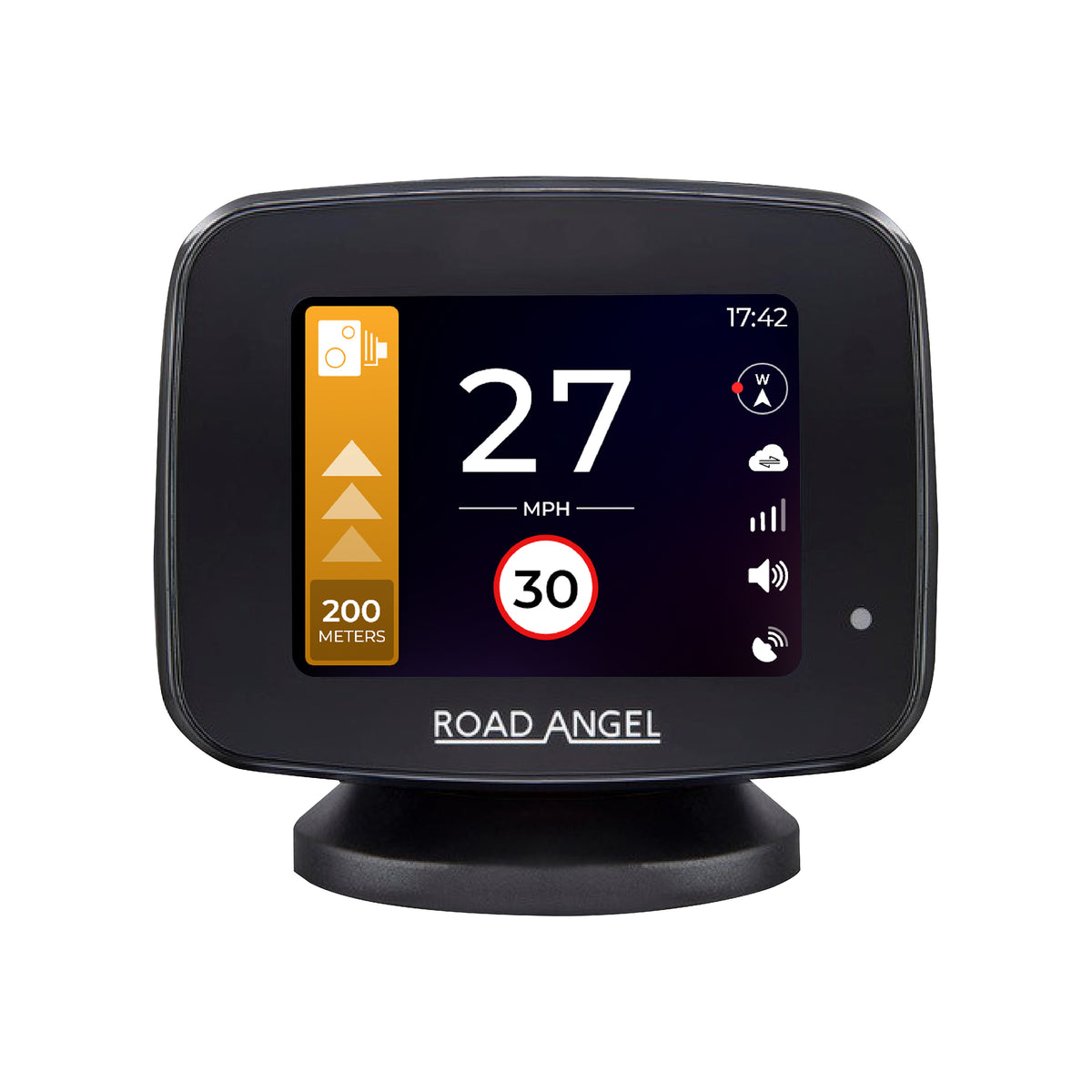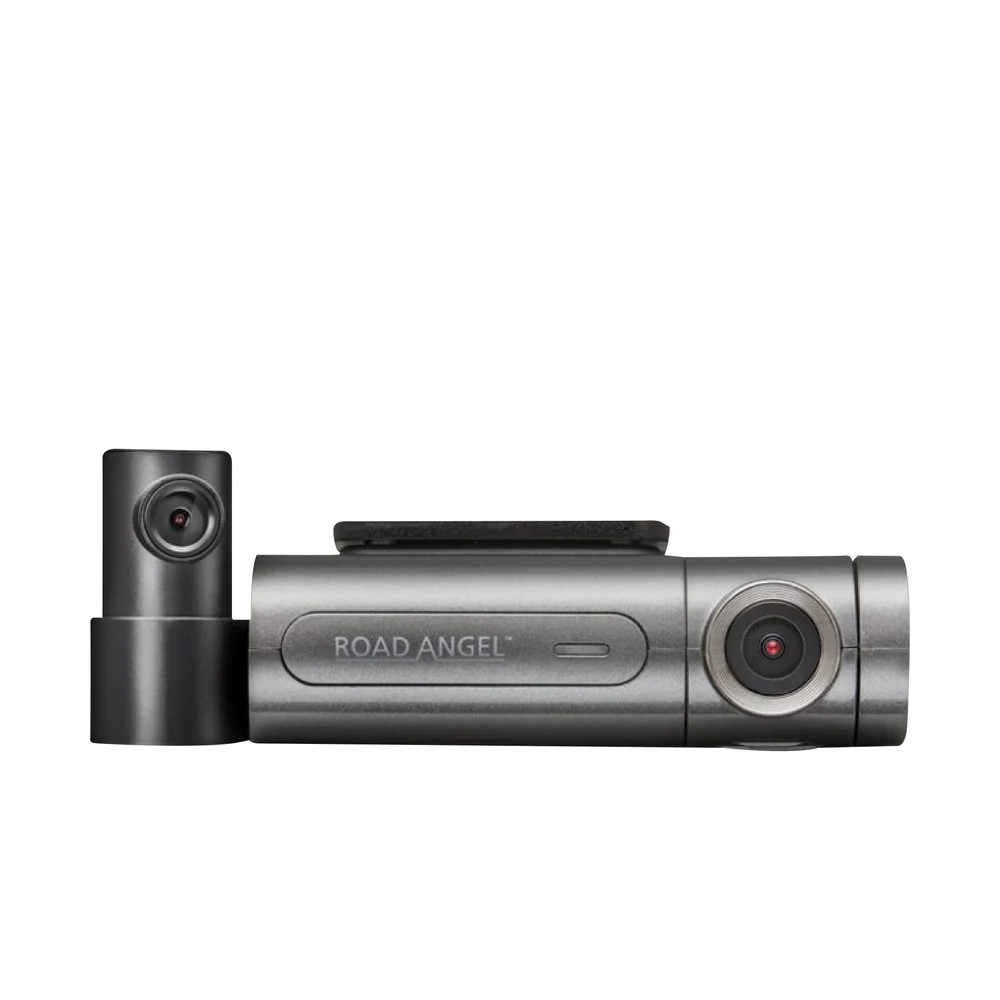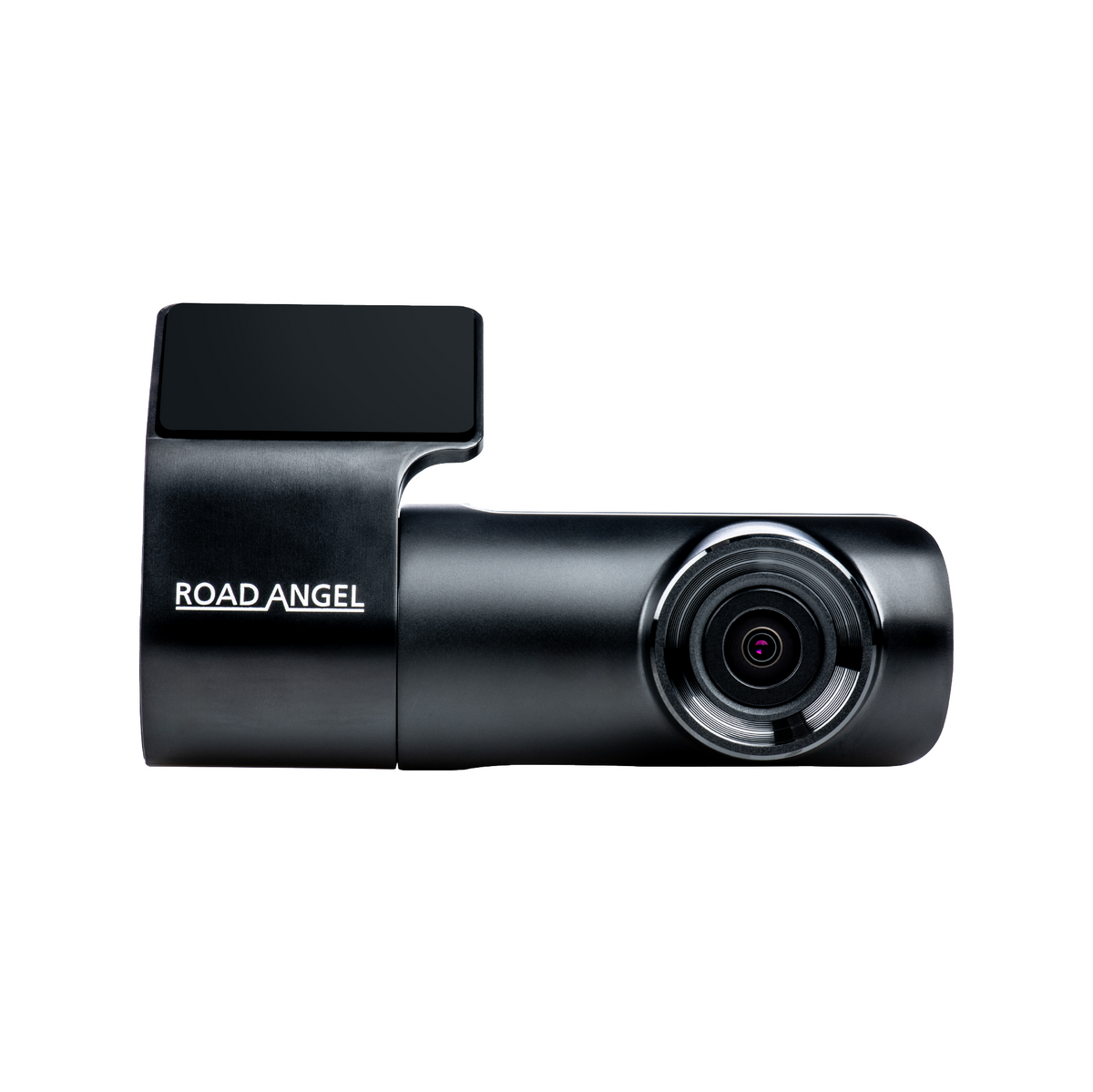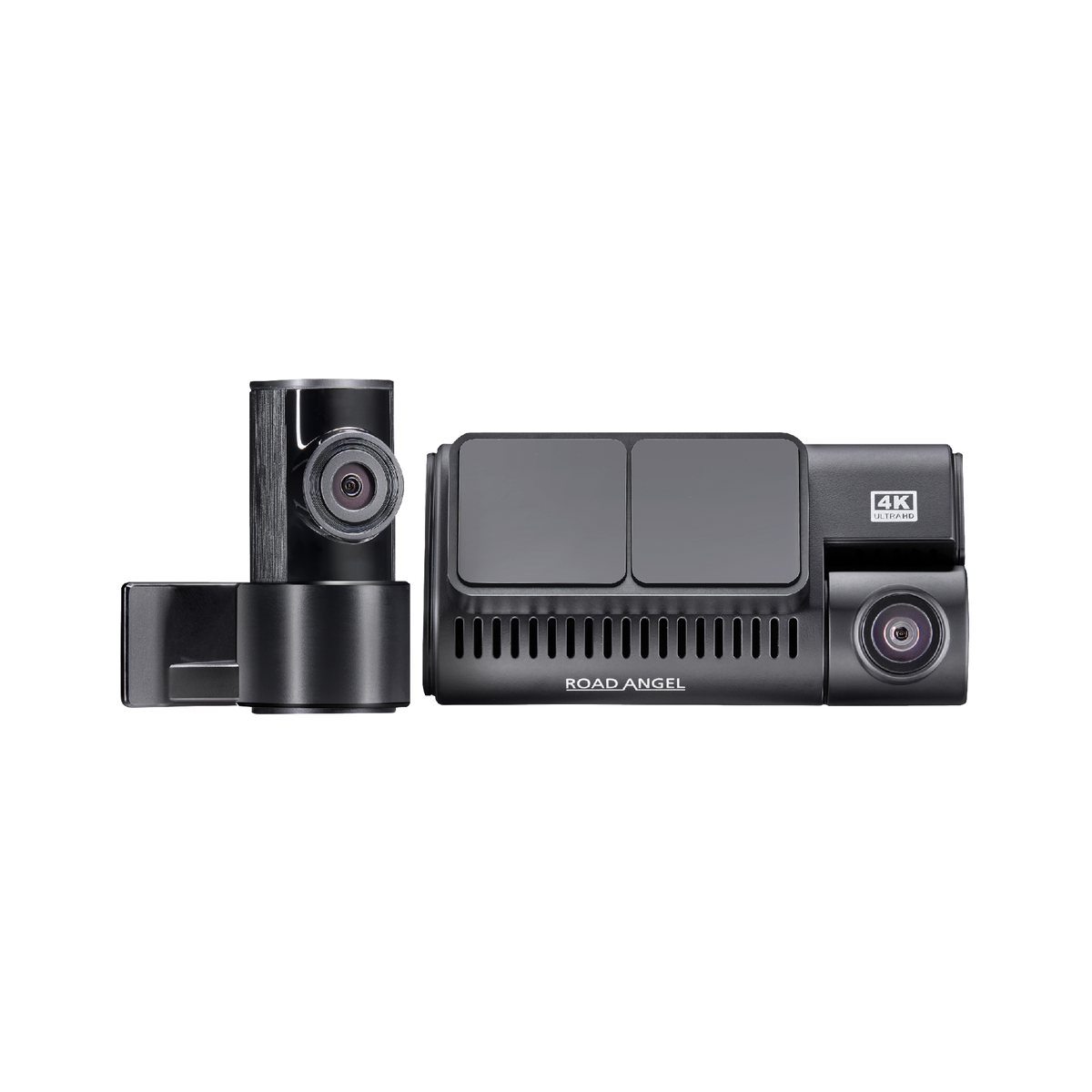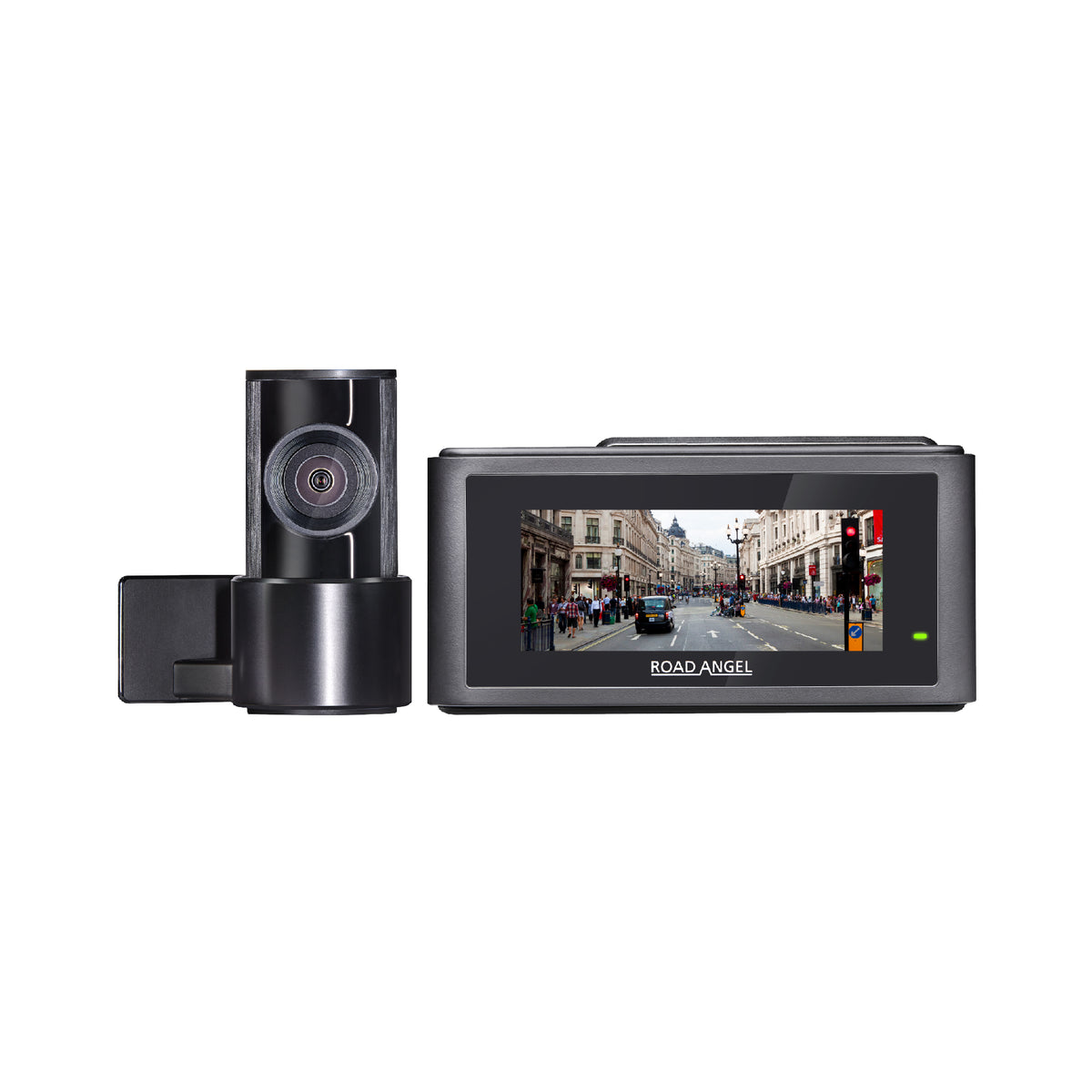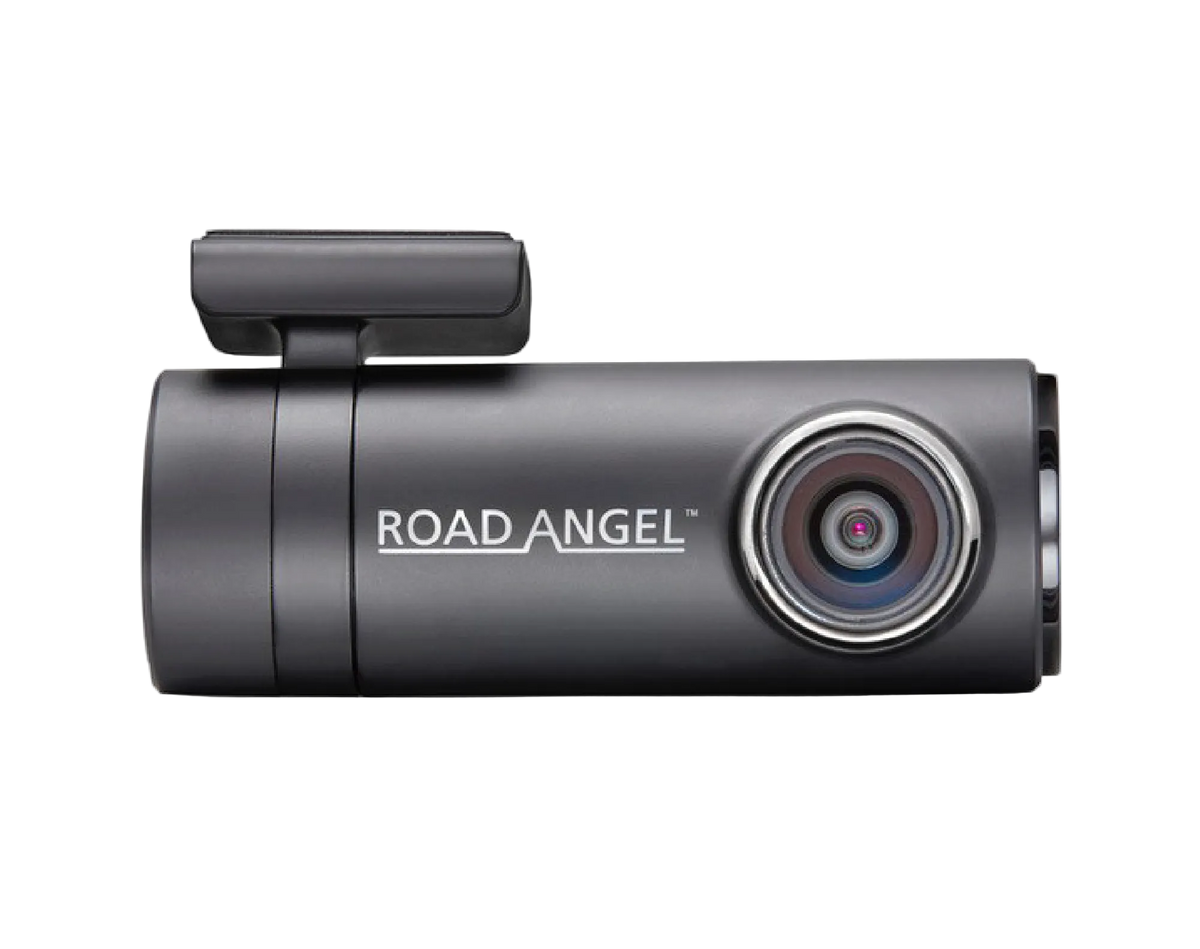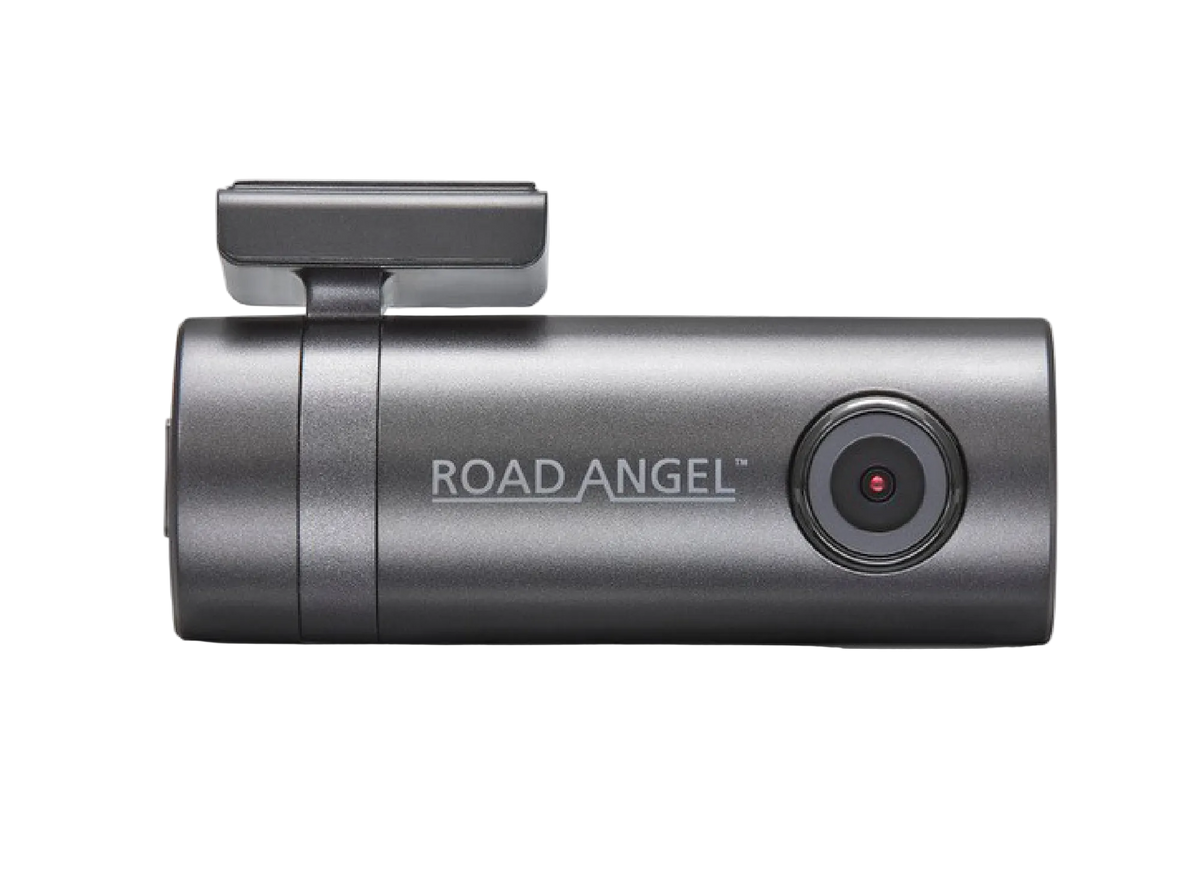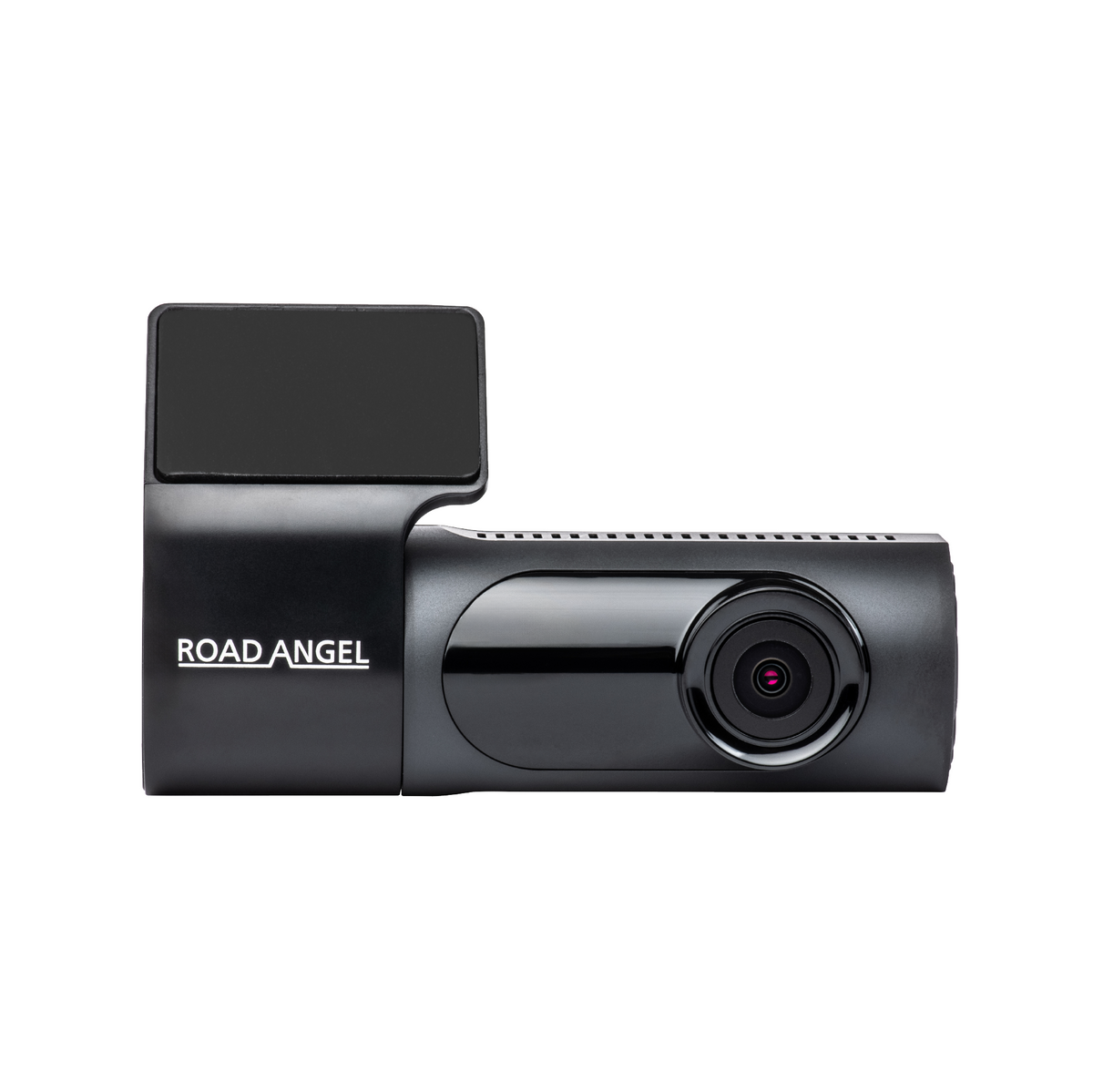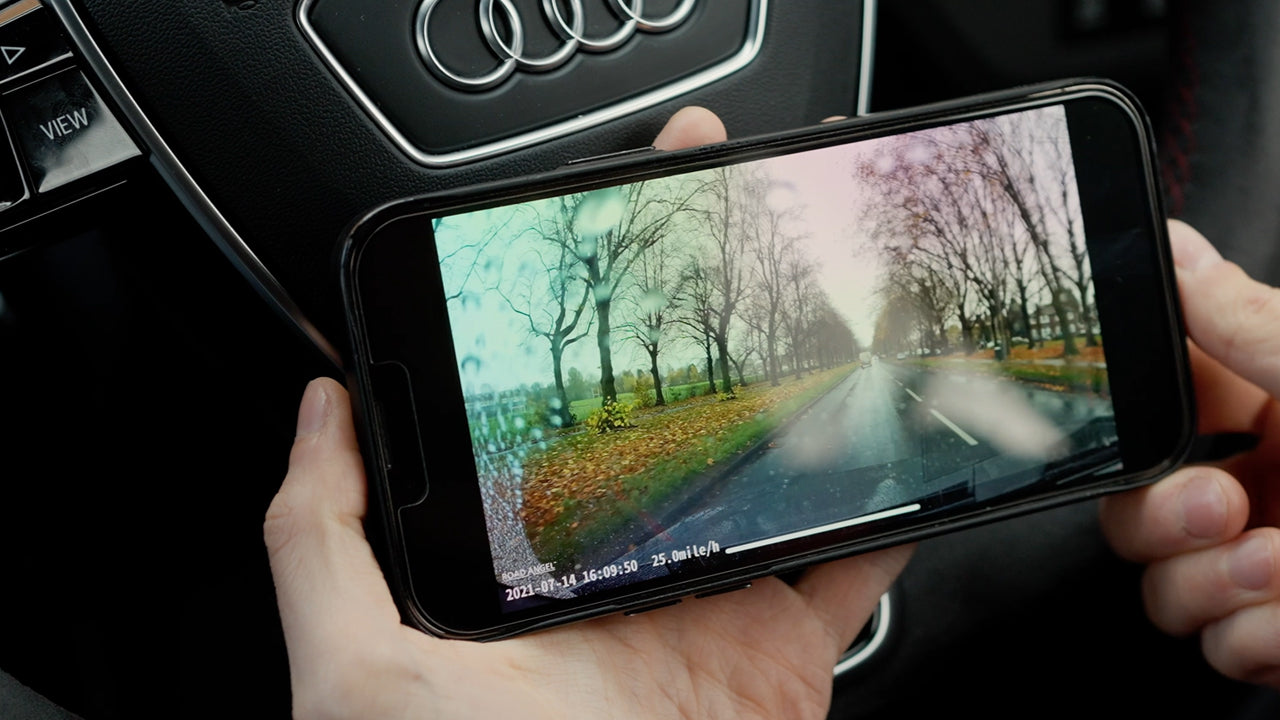The Purpose of Speed Cameras
Speed cameras measure the speed of vehicles through different technologies; the most common ones include radar, LIDAR (Light Detection and Ranging), and average speed measurement systems:
Radar Speed Cameras:
LIDAR Speed Cameras:
LIDAR cameras use pulses of light to determine how fast a car is moving. The camera emits a series of light beams towards a vehicle and measures the time each beam takes to be reflected back to the sensor. This time interval is then used to compute the distance covered over a short duration, thereby calculating the vehicle's speed.
If a car is over the speed limit, the device captures the violation. The precision of LIDAR is beneficial for pinpointing individual speeding vehicles, even in heavy traffic.
Average Speed Measurement Systems:
Also known as time-over-distance systems, these calculate a vehicle's average speed by recording the time it takes to travel between two points. Cameras are set at both the starting and ending points of a known distance. The time it takes a vehicle to traverse this distance is used to work out its average speed.
If a vehicle's average speed is higher than the legal limit for the road, it is flagged as a violator. This system promotes consistent adherence to speed limits over longer distances, which is effective at curbing persistent speeding behaviour.
How Speed Cameras Enhance Road Safety
Deterrence Effect
The sheer presence of speed cameras at the side of the road deter road users from speeding with the potential thought of receiving a ticket. Reference studies do show a decrease in speeding violations in areas with signed, visible speed cameras.
Reduction in Road Traffic Accidents
The impact of speed cameras on road safety has been the subject of extensive research in the UK, with several studies indicating they are effective in reducing both traffic accidents and fatalities.
A Study Published in PMC:
A comprehensive overview indicates that speed cameras have resulted in a reduction of road traffic collisions (RTCs) with the estimated effects varying widely - from 0% to as much as a 55% reduction in some areas. (Source: PMC)
Research Published in Science Direct:
Analysis of spot speed cameras set up in series showed an average effect of a 38.6% decrease in road fatalities. The study also suggested a decrease in the number of seriously injured, though it wasn't statistically significant. (Source: Science Direct)
London School of Economics Study:
This study concluded that speed cameras are effective in reducing the number of road accidents and deaths. The research pointed out a clear correlation between the use of speed cameras and improved road safety. (Source: LSE)
Royal Society for the Prevention of Accidents (RoSPA) Factsheet:
A research study from RoSPA also finds that speed cameras reduce collisions and fatalities. The study offers a detailed examination of the effectiveness of speed cameras across various contexts in the UK. (Source: RoSPA)
Saving Lives
Dr. Claire Corbett's, alongside her team of researchers, research, which was broadly positive about the introduction of speed cameras, informed the DETR decision to roll-out of speed cameras nationally. Four statements developed in the research became part of the benchmark criteria used to assess public opinion on speed cameras and have featured in local audits of attitudes to speed cameras since 2008.
Subsequent research has concluded that lives have been saved by speed camera installation thus Corbett's research has contributed positively to national road safety culture. Some estimates suggested that speed cameras save 1,000 people from death or injury per annum, 6,000 people since 2008 up until 2014. (Source: Case Study)
Behavioural Change
Jonathan Adkins, the CEO of the Governors Highway Safety Association based in Washington, supports the effectiveness of automated enforcement by saying that receiving a ticket can change a driver's behaviour.
However, he also emphasises the importance of deploying them in a fair and equitable way with public support, highlighting the need for a balance between enforcement and community acceptance - which is definitely a fair analysis!
Cost-effectiveness
As far as road safety goes, speed cameras pay for themselves in fines and penalty notices. The Home Office claims that 6,000 speeding fines are issued across the UK daily, which is roughly 2.2 million per year - resulting in £220 million of revenue.
Based on the TfL's proposed £3,773 per year in maintenance costs for each camera, and with there roughly being 7,000 cameras in the UK, they come at a cost of £26 million to run them all, which means they're very cost-effective to run.
Common Criticisms of Speed Cameras
There are a wide variety of criticisms regarding Speed Cameras (honestly not a lot of motorists like them), but they range across such comments like: perceived unfairness, privacy concerns, archaic and the accusation of being a "cash grab/scameras".
Well, here's our take on the matter:
"Speed Camera's are unfair"
Sometimes they can be, admittedly. A lot of misinformation is speculated about the margin of error, some say it's exactly 10% of the speed limit, some say 10% + 2mph. The safe answer? Stick to the speed limit, and then you won't get caught out.
"Speed Cameras reveal my identity"
Whilst they do, the image shared is normally only circulated in the Police database and to you. Saying this, Italy does plan to stop sending photos to avoid privacy concerns.
"Speed Cameras are no longer relevant for newer cars"
There is some logic behind this, but not for everyone.
Speed limits were set back in the 1930's, almost 100 years ago. The technology and product quality that exists nowadays has certainly improved, so why haven't the speed limits go up - in fact, they've gone down?
Well, speed limits are there for the safety of everyone, including pedestrians and other vehicles - and aside from road safety, they've been reduced further to improve environmental conditions, reducing pollution.
"Speed Cameras are a cash grab/scameras"
Whilst the penalty v.s. cost to maintain and enforce maybe severely differ, the reason for the increased fine & potential penalty points is for thwarting perpetrators from doing it in future, as a deterrent.




